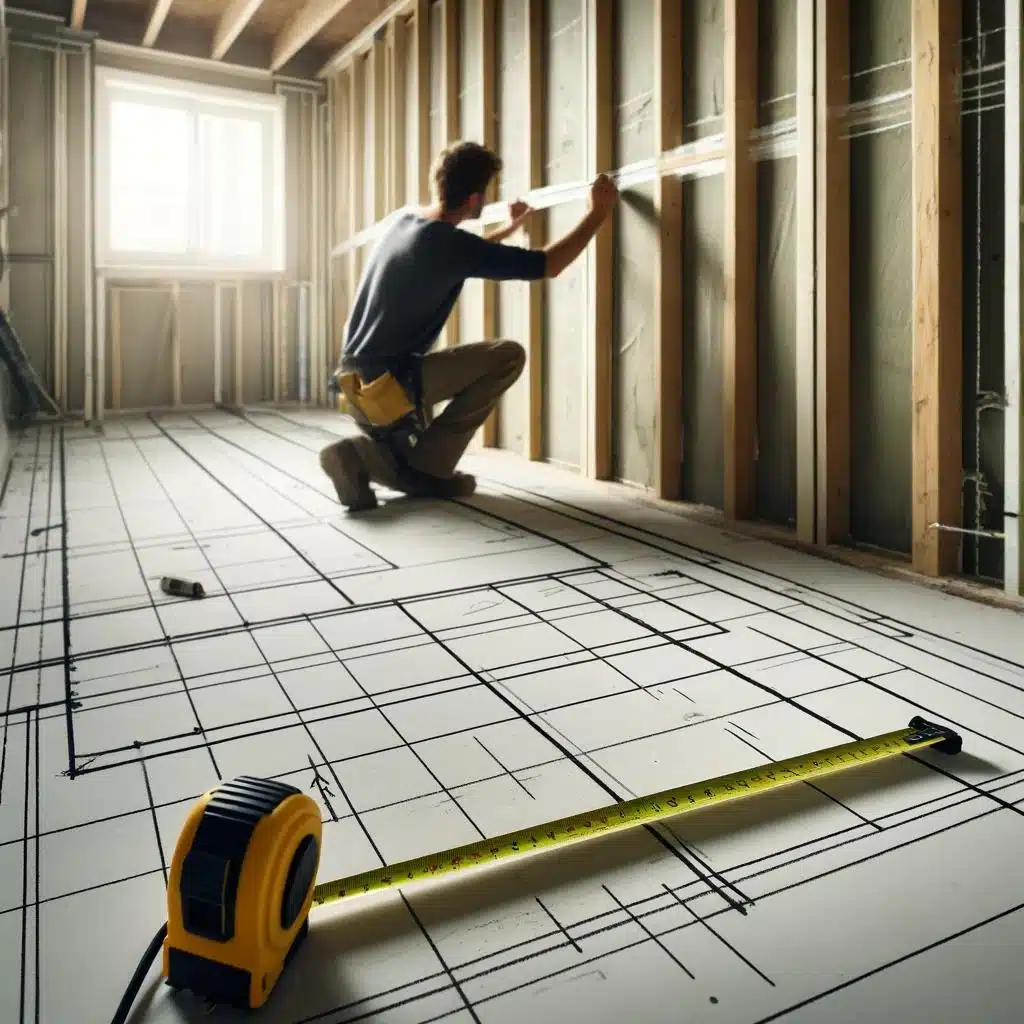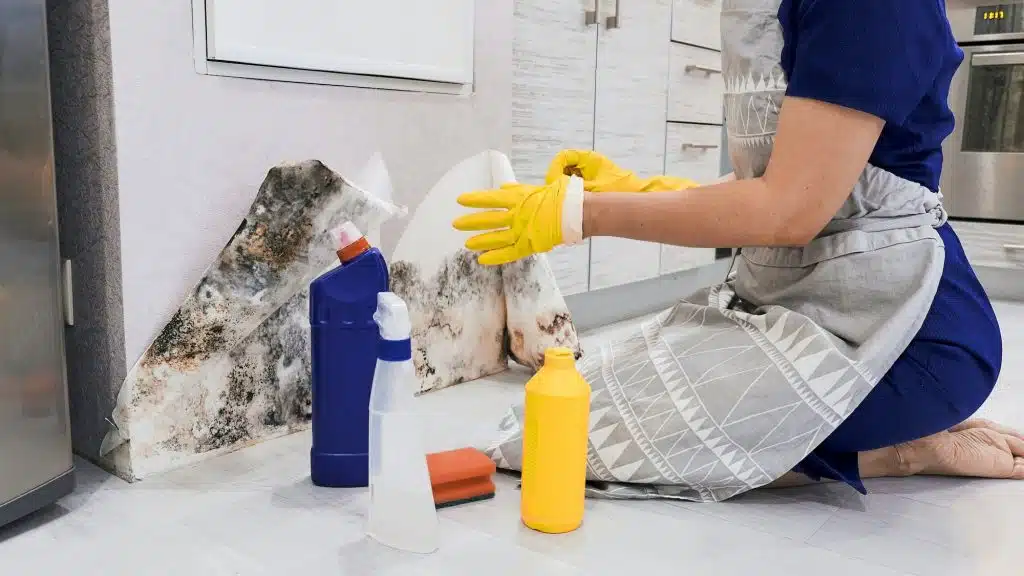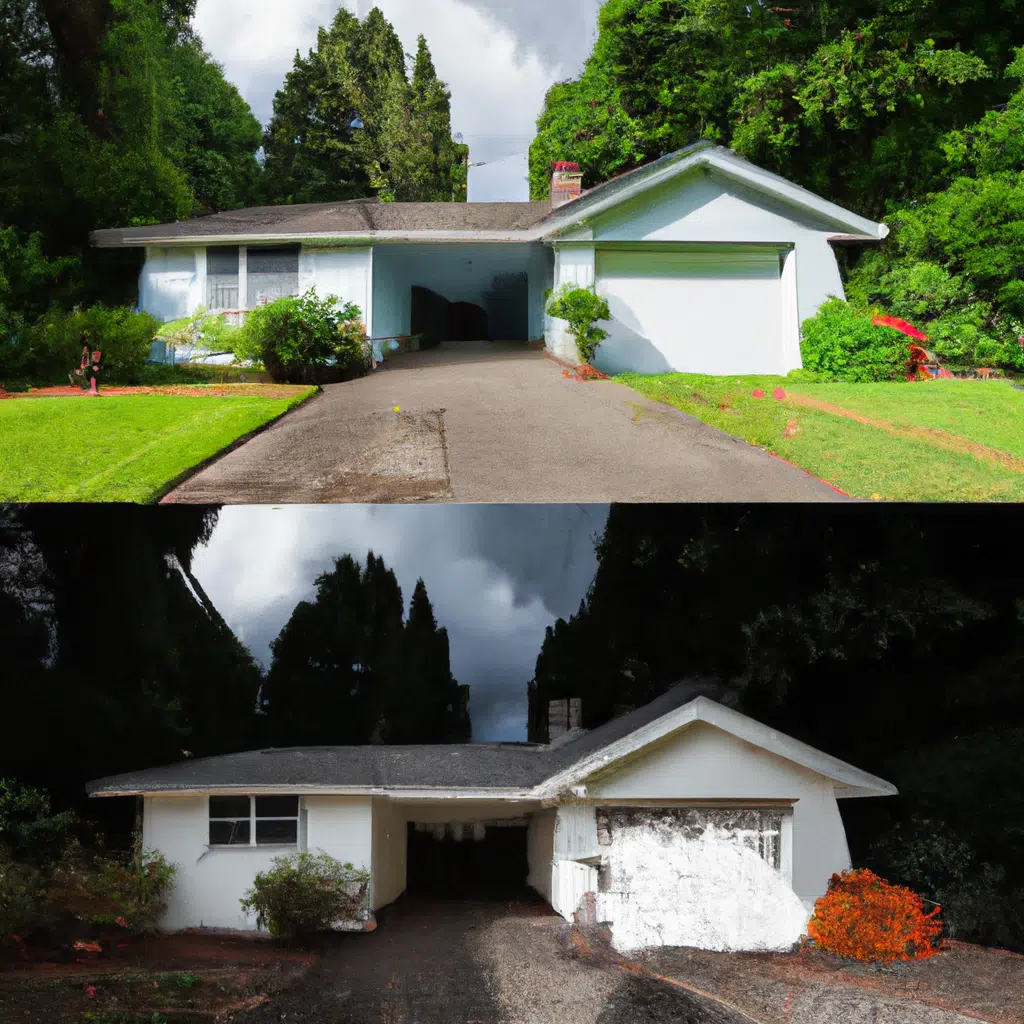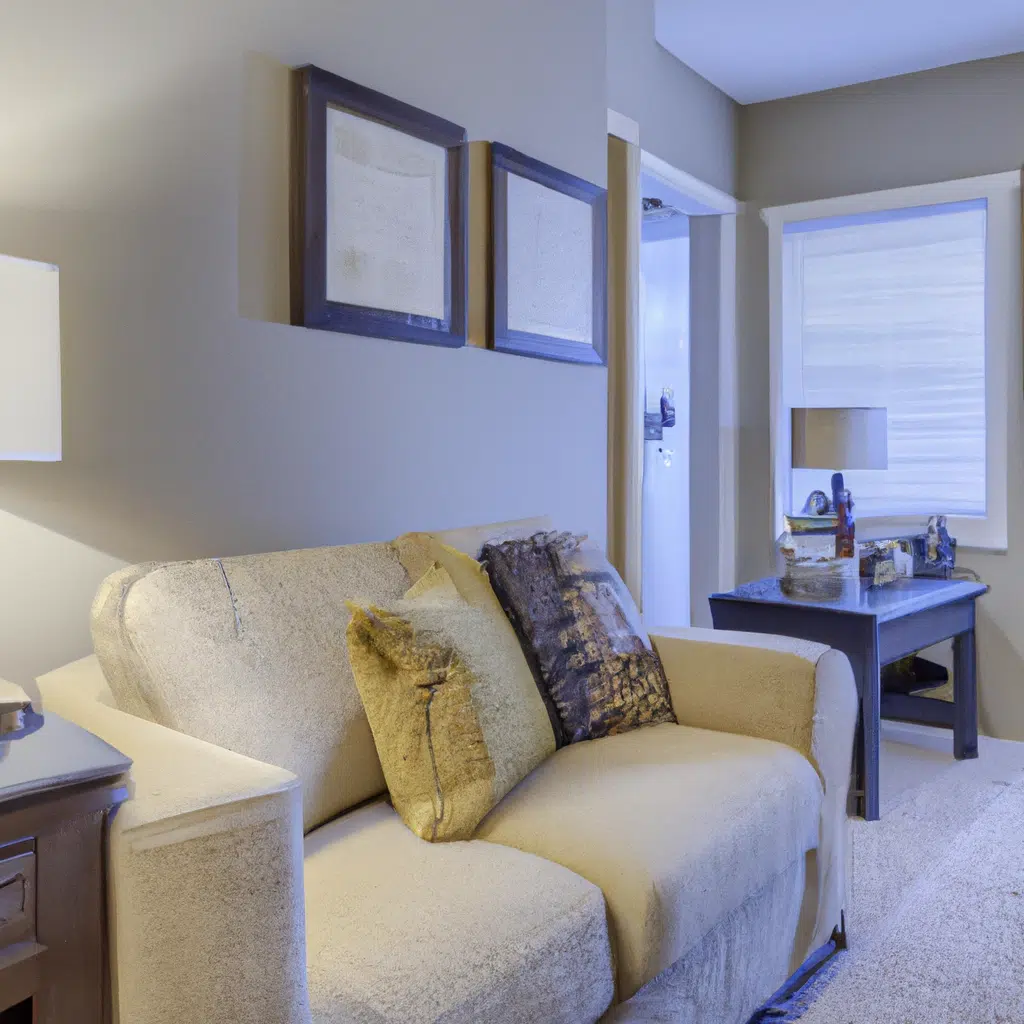Building your first home can be an exciting and rewarding experience. However, it can also be a daunting task, especially if you are not careful. There are many mistakes that you can make when building your first home, and these mistakes can be costly and time-consuming to fix. In this article, we will discuss the top mistakes to avoid when building your first home, so you can have a successful and stress-free experience.
Mistake #1: Not Planning Ahead
The first mistake to avoid when building your first home is not planning ahead. Before you start building, you need to have a clear idea of what you want your home to look like and what features you want to include. This will help you avoid costly mistakes later on and ensure that you end up with a home that meets your needs and expectations.
To avoid this mistake, take the time to create a detailed plan for your home. This should include the layout of each room, the types of materials you want to use, and any special features you want to include. You should also consider your budget and timeline when making your plan, as these factors will affect the design and construction of your home.
Mistake #2: Choosing the Wrong Builder
Another common mistake when building your first home is choosing the wrong builder. Your builder will be responsible for bringing your vision to life, so it is important to choose someone who is experienced, reliable, and has a good reputation.
To avoid this mistake, do your research before hiring a builder. Look for reviews and testimonials from previous clients, and ask for references. You should also ask about their experience and qualifications, as well as their pricing and timeline. Don’t be afraid to ask questions and get multiple quotes before making your decision.
Mistake #3: Overspending on Upgrades
When building your first home, it can be tempting to go all out on upgrades and features. However, this can quickly lead to overspending and budget overruns. It is important to prioritize your upgrades and choose the ones that are most important to you.
To avoid overspending, create a budget for your home and stick to it. Make a list of the upgrades and features you want, and prioritize them based on your needs and budget. You should also consider the long-term value of each upgrade, as some features may not add much value to your home in the future.
Mistake #4: Ignoring Energy Efficiency
In today’s world, energy efficiency is more important than ever. Not only is it better for the environment, but it can also save you money on your energy bills in the long run. Many first-time home builders overlook energy efficiency when designing their homes, which can lead to higher energy costs and a less comfortable living environment.
To avoid this mistake, consider energy efficiency when planning your home. This can include things like choosing energy-efficient appliances and HVAC systems, using insulation and weatherstripping to seal your home, and installing energy-efficient windows and doors. These features may cost more upfront, but they will save you money in the long run and make your home more comfortable to live in.
Mistake #5: Not Planning for Maintenance
Finally, one of the biggest mistakes that first-time home builders make is not planning for maintenance. Your home will require regular maintenance and upkeep, and failing to plan for this can lead to costly repairs and damage.
To avoid this mistake, create a maintenance plan for your home. This should include regular inspections and upkeep for your HVAC system, roof, plumbing, and other systems. You should also budget for these expenses and plan for any necessary repairs or replacements.
Conclusion
Building your first home can be an exciting and rewarding experience, but it is important to avoid these common mistakes to ensure a successful outcome. By planning ahead, choosing the right builder, prioritizing your upgrades, considering energy efficiency, and planning for maintenance, you can avoid costly mistakes and enjoy your new home for years to come. Remember to take your time, do your research, and consult with professionals as needed to make sure your home is built to your specifications and meets your needs.



